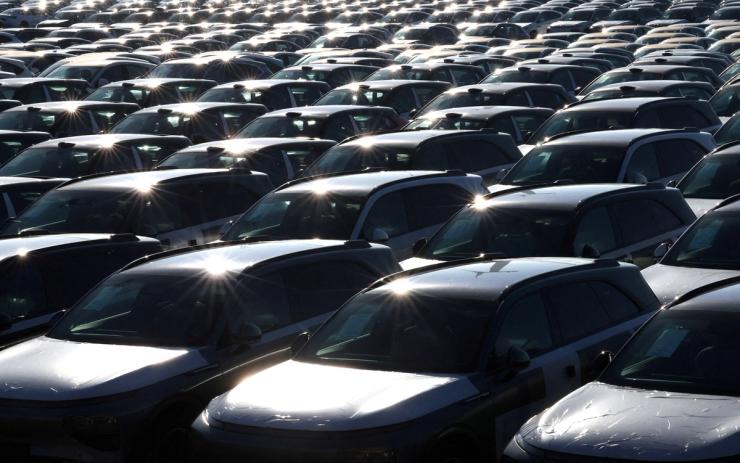The News
The auto industry is heading into an uncertain year, as geopolitical headwinds and the threat of rising tariffs complicate the view heading into 2025.
Globally, almost 90 million new vehicles are expected to be sold in 2025, according to an S&P analysis. The sector should see modest growth, with lower interest rates encouraging consumers, Fitch Ratings predicted.
But US President-elect Donald Trump’s proposed tariffs could upend both the supply chain and vehicle exports, with producers in Canada and Mexico, Europe, and Asia bracing for possible disruptions.
SIGNALS
Trump tariff threat sparks uncertainty across industry
Donald Trump’s proposed tariffs on imports from Mexico, Canada, and Europe have sparked fears in the automobile industry that some key US partners will see lay-offs and shifts in production. Toyota could shift production to the US if Trump imposes steep tariffs on Mexican imports, a source told The Guardian, while South Korean firms could also manufacture more goods in the US if tariffs are imposed, officials said. Despite the uncertainty, US new car sales are expected to rise to their highest level since 2019, CNBC reported, although a 25% tariff could add roughly $3,000 to the price of an average car in the US, according to The Wall Street Journal.
Europe automobile industry faces further woes in 2025
The European Union’s auto industry endured a challenging 2024, with factories shutting down and energy prices pushing up production costs. Experts believe these trends will continue next year. One industry insider bluntly told CNBC the industry’s prospects are “quite bleak,” adding that many European firms are behind on electrification and ultimately make less desirable vehicles than Chinese competitors. Meanwhile, the EU is preparing new emissions rules that could carry fines of up to $15 billion, according to industry estimates, which could eat into firms’ already meager bottom lines, executives argue. Both France and Germany have pushed for Brussels to rethink the financial penalties.
EV sales set to surpass traditional car sales in China
Electric vehicle sales are expected to grow about 20% in China in 2025, the Financial Times reported, overtaking the total sales of traditional cars. The move is the result of China’s success in developing the technology and supply chains needed to manufacture EVs cheaply and at scale, one expert told the newspaper. Even so, the sale of Chinese EVs to Western markets may slow as tariffs are put up: EV exports to the European Union have slumped since the bloc implemented tariffs at the end of October, while the US government imposed a 100% tariff on Chinese EVs in May. The industry is also facing problems with overproduction, as strong government incentives exist for keeping even faltering companies afloat, limiting revenues across the sector, an expert argued in The Diplomat.



